Search Results
Showing results 121 to 140 of 191
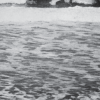
Seas in Motion
Source Institutions
In this outdoor, beach activity, learners use tennis balls, water balloons and other simple devices to investigate the movement of waves and currents off a sandy beach.

Bird Guide
Source Institutions
This activity is intended to familiarize learners with native Houston birds, introduce learners to tools biologists use in the field, and to enhance their observation skills.
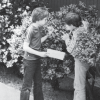
Plants Around a Building
Source Institutions
In this outdoor activity, learners discover how the environment around a building affects the growth of plants.
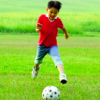
Get Moving! Active Play Indoors and Outdoors
Source Institutions
In this activity, learners explore the importance of active play.
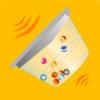
Ocean Echolocation
Source Institutions
Use echolocation to find others and experience how whales’ senses have adapted to suit their environment. In pairs, learners are blindfolded and use containers filled with marbles to find each other.
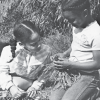
Roots and Shoots
Source Institutions
In this outdoor activity, learners discover that plants aren't just shoots (stem, branches, leaves, and flowers) growing above ground, but contain plenty of roots growing underground—more than half th
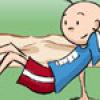
Do a Spacewalk!
Source Institutions
In this activity, learners train to increase muscular strength and improve upper and lower body coordination by performing the “bear crawl” and the "crab walk.” Learners perform the exercises over tim
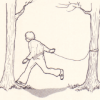
Tree Tally
Source Institutions
In this outdoor activity and fun race, learners first find the most common type of tree in a forest site.
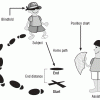
Find Your Way Around Without Visual or Sound Cues
Source Institutions
In this activity, learners play a series of simple games to investigate navigation without visual and sound cues.
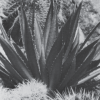
Cactus Wheel
Source Institutions
In this outdoor activity/field trip, learners explore the concept of population density.
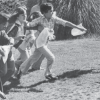
Population Game
Source Institutions
In this outdoor game, learners simulate a herd of deer trying to survive in an area called the "home range." Learners explore the concept of "carrying capacity"—what size population of an organism can
Splitting White Light
Source Institutions
In this optics activity, learners split white light into all its component colors using three household items: a compact disc, dishwashing liquid, and a hose (outside).
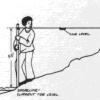
Beach Zonation
Source Institutions
In this outdoor, ocean-side activity, learners investigate the distribution of organisms in the upper region of the intertidal zone.
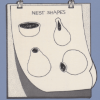
Bird Nests
Source Institutions
In this outdoor activity, learners build bird nests and place them in the activity area, then play the role of naturalists as they try to locate each other's nests.
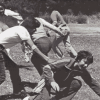
Food Chain Game
Source Institutions
In this outdoor game, learners role play populations linked in a food chain.
Balance Challenge
Source Institutions
In this quick activity, learners take a balance challenge to measure their average balance time. As they collect data, they investigate how practice and repetition improve their balance time.
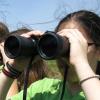
What Do Birds Do?
Source Institutions
This activity (located on page 3 of the PDF) is a full inquiry investigation into bird behaviors.
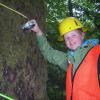
Tree Trunk Diameter to Branch Height Relationship
Source Institutions
In this activity (located on page 2 of the PDF under GPS: Temperate Rain Forest Activity), learners will identify a group of deciduous trees to study.
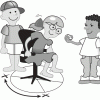
Vestibular-Ocular Reflex
Source Institutions
In this activity, learners will perform various investigations to understand the vestibular-ocular reflex and learn about the importance of visual cues in maintaining balance.

Wintergreen
Source Institutions
In this outdoor, winter activity, learners find living green plants under the snow and determine the light and temperature conditions around the plants.
